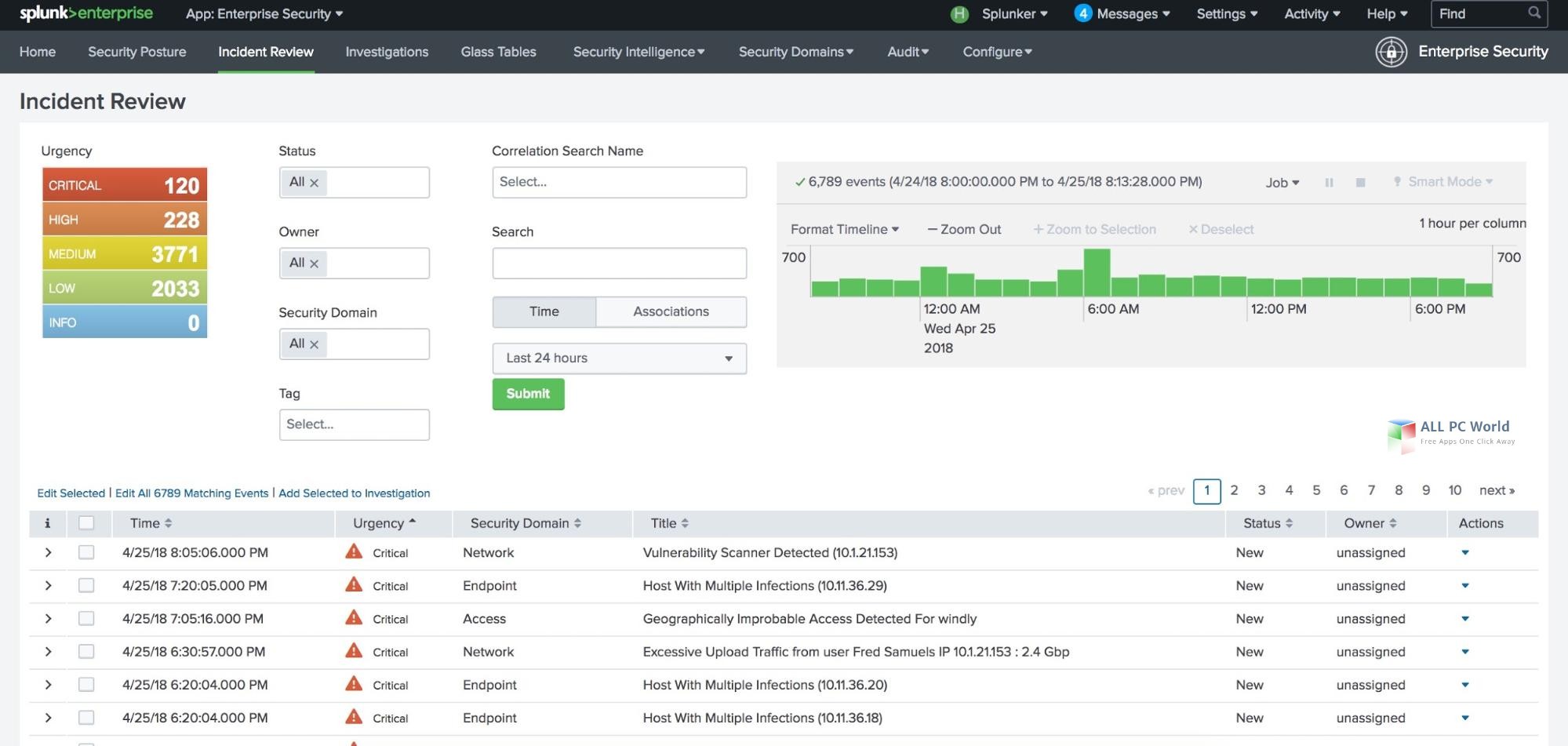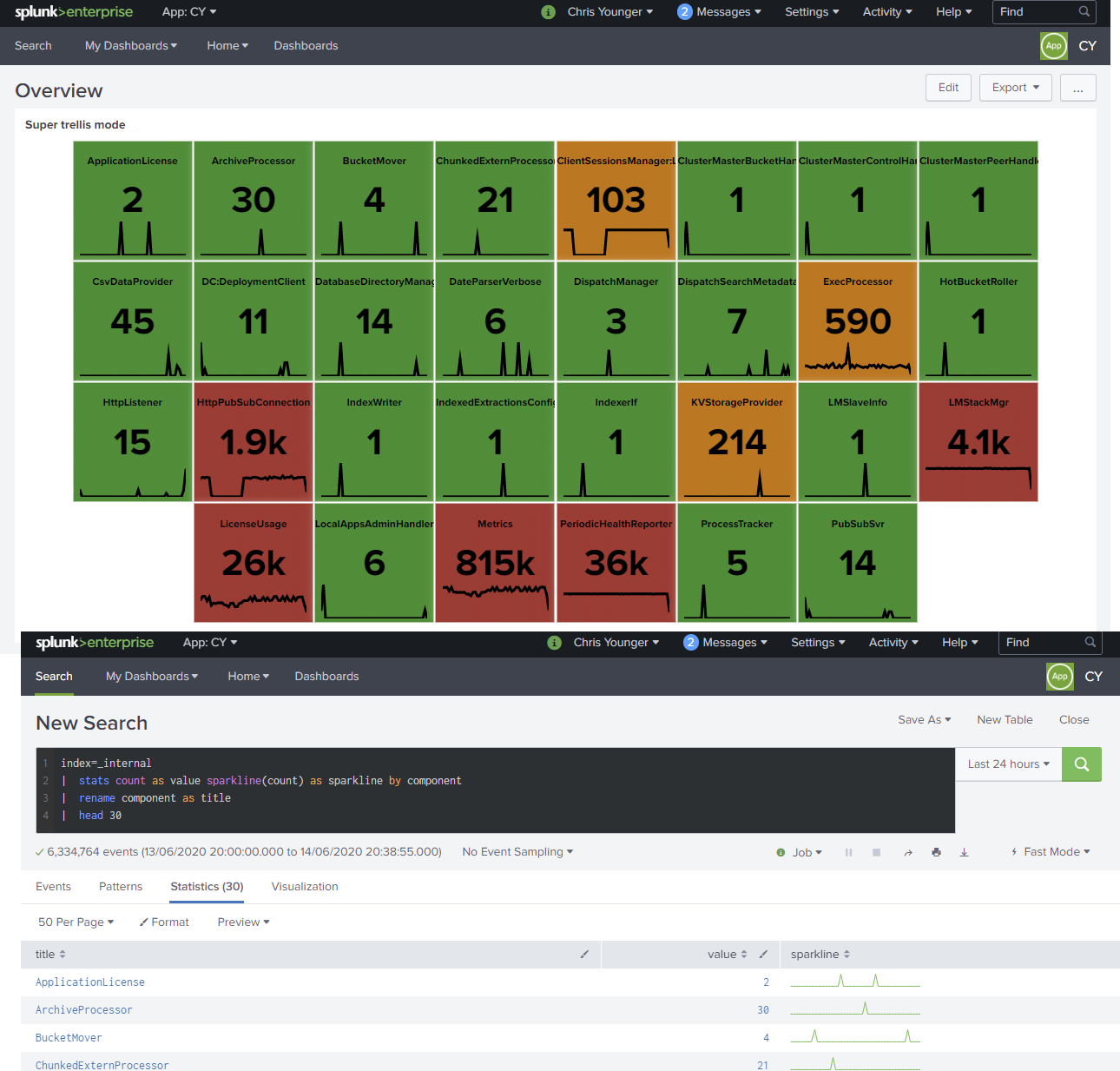
- SPLUNK TRANSACTION STARTSWITH MULTIPLE CONDITIONS HOW TO
- SPLUNK TRANSACTION STARTSWITH MULTIPLE CONDITIONS CODE
- SPLUNK TRANSACTION STARTSWITH MULTIPLE CONDITIONS PLUS
You'll definitely need to test this against a much larger set of data, to make sure that the assumptions are correct. It's hard to tell without seeing the data, but if this is always the "ConnectorSession" event, then you should be OK. It will keep the earliest event where fld_key and user are the same.
SPLUNK TRANSACTION STARTSWITH MULTIPLE CONDITIONS CODE
This first bit of code is to simulate your data: | makeresults Not sure if this is exactly what you're looking for, but you could try using a transaction for this. Heres the logic: IF the transaction isnt closed (i.e., no 'up' message received) and the state is 'down' -> Alert IF the transaction is closed and the duration (i.e, the downtime) was greater than 30 seconds -> Alert. Solved: I am using the transaction command to sessionize web access log events.
SPLUNK TRANSACTION STARTSWITH MULTIPLE CONDITIONS HOW TO
If it's possible I would like to obtain this result :ĭelete the rviceTerminated line where fld_key of rviceTerminated is different than fld_key of tNextServiceName This Splunk search is an example on how to remove unwanted values from.
SPLUNK TRANSACTION STARTSWITH MULTIPLE CONDITIONS PLUS
In the following search the fullname evaluation uses the plus ( + ) sign to concatenate the values in the lastname field with the values in the firstname field. You can specify multiple eval operations by using a comma to separate the operations. WIN7-007 rviceTerminated 14:45:41.000 3a4822 1 Separate multiple eval operations with a comma. |streamstats count current=t reset_on_change=true by fld_key | where User="WIN7-007" |table User, Status, Epoch_Time, fld_key


The OR will naturally work, but not when we have both conditions, as the first to reach the. I tried a new approach : sourcetype=XDSauth | fieldformat Epoch_Time = strftime(Epoch_Time, "%F %T.%3N") Once we hit the startswith condition, we emit the transaction. which of the below one is correct indexweb 'web-thread-' transaction txid startswith(param121fdfd OR param2asfdads3232 OR ainexe1 OR asdf1) endswith'web time:' maxspan10m. I want any event that contains either of the strings. One after tNextServiceName and the next is to define the end of connection. COVID-19 Response SplunkBase Developers Documentation No time is not unique because multiple values exist within the same event (hence mvexpand) hence the. Im using the transaction with startswith to match multiple strings. LOG OUT -> Mar 1 21:47:05 XDSauth: 1488433625 |rviceTerminated |next service = Xīut the problem is : rviceTerminated OK, without knowing what sometext is I would try the following and see if that works: (indexind1 OR indexind2) MachineId1133 logtext fields time, logtext transaction startswitheval (match (logtext, 'sometext1')) endswitheval (match (logtext, 'sometext2')) mvlisttrue table time, log. LOG IN - > Mar 1 21:45:41 XDSauth: 1488433541 |tNextServiceName |next service name = X On the new log file, I have an event to define the beginning : I do apologise for the inconvenience。 本当にごめんなさい!!!

The first contains all events in the transaction while the second, the one I'm looking for, contains the events specified in the definition options.The partner of my company send me a new log file with more details. When I run it, though, the output produces two results per transaction. I am passing a field and using startswith and endswith definition options.

I am working with the transaction command.


 0 kommentar(er)
0 kommentar(er)
